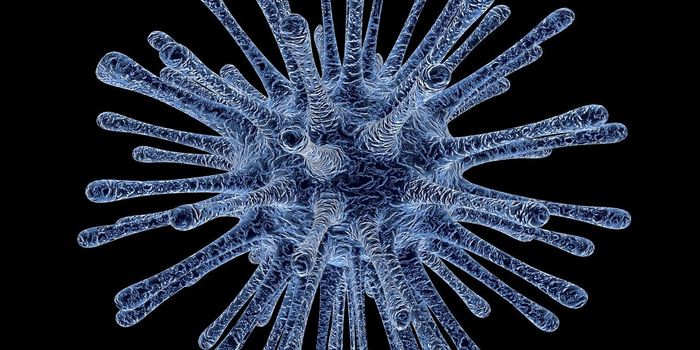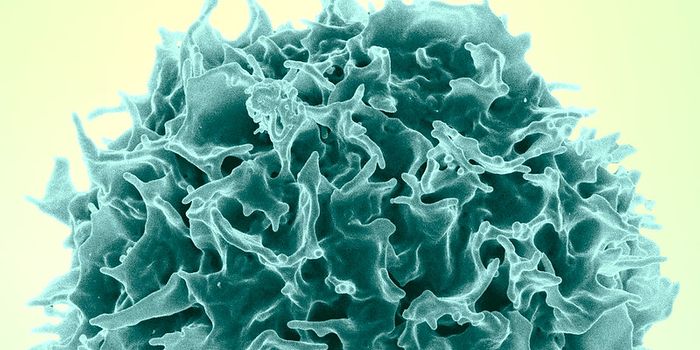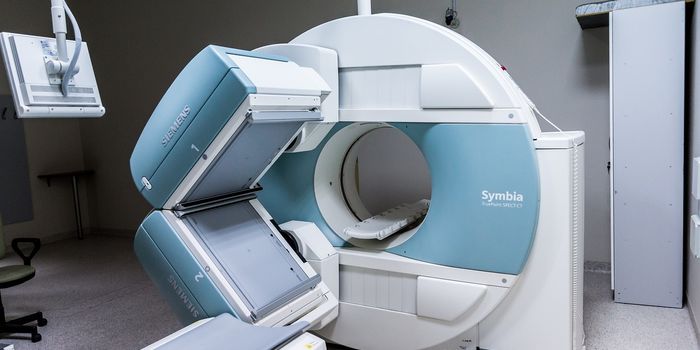New Advances in COVID-19 Diagnostics
There have been a variety of recent updates and advances in COVID-19 testing and analysis methods.
The FDA Says: Check for COVID-19 Test Expiration Date Extensions
The US Food and Drug Administration (FDA) has a site where people can check to see when COVID-19 tests from different manufacturers expire, and whether any of those expiration dates have been extended. People are encouraged to check those dates before throwing COVID-19 tests away.
A Nasal Swab Test Could Predict the Severity of a COVID-19 Infection
Scientists tracked 125 people with COVID-19 infections of varying severities for about two years. They found that over 70 percent of people with mild or moderate cases of COVID-19 carried certain autoantibodies in their noses. Surprisingly, these autoantibodies were associated with a reduction in symptoms, improved antiviral immunity, and more rapid recoveries. The findings were reported in Science Translational Medicine.
The researchers wanted to measure autoantibody levels in nasal cavities, and developed a test called FlowBEAT to do so. Autoantibody measurement methods have not been efficient or reliable, until now. This method enables clinicians or researchers to measure human antibody levels in nasal swab samples, which can reveal the autoantibodies in the sample. This can then be used to predict how severe COVID-19 symptoms will be.
The investigators now want to determine if there are similar autoantibodies in the body during other viral illnesses.
A New Test Identifies Novel SARS-CoV-2 Variants
Scientists have developed micro-disks that carry unique patterns called πCode, which can analyze viral genetic mutations. This method is combined with computational tools, so multiple mutations can be assessed at the same time. Scientists will be able to use this approach, called Intelli-OVI, to detect novel variants much faster than PCR-based methods. Reporting in Communications Medicine, scientists were able to identify twenty variants of SARS-CoV-2 with high accuracy.
"Our system can be easily updated to track new viral mutations," said senior study author Professor Yorifumi Satou ofthe Joint Research Center for Human Retrovirus Infection at Kumamoto University. "This adaptability is crucial for the early detection of emerging variants, enabling swift action to prevent further spread."
Using AI to Analyze the Prevalence of Long COVID
In another study reported in Med, scientists have shown that an artificial intelligence system can identify long COVID patients by assessing medical records. After developing the algorithm, it was used to analyze health data from 300,000 patients who visited any of fourteen hospitals or twenty community health centers in the Mass General Brigham system.
This research found that more people may suffer from long COVID than recognized. In this study, scientists looked for individuals with unexplained medical conditions persisting for more than two months that were also associated with COVID-19. This research suggested that as much as 22.8 percent of the population may have long COVID. (Other studies have indicated that about seven percent of the population has long COVID).
Sources: FDA, Communications Medicine, Kumamoto University, Med, Science Translational Medicine









